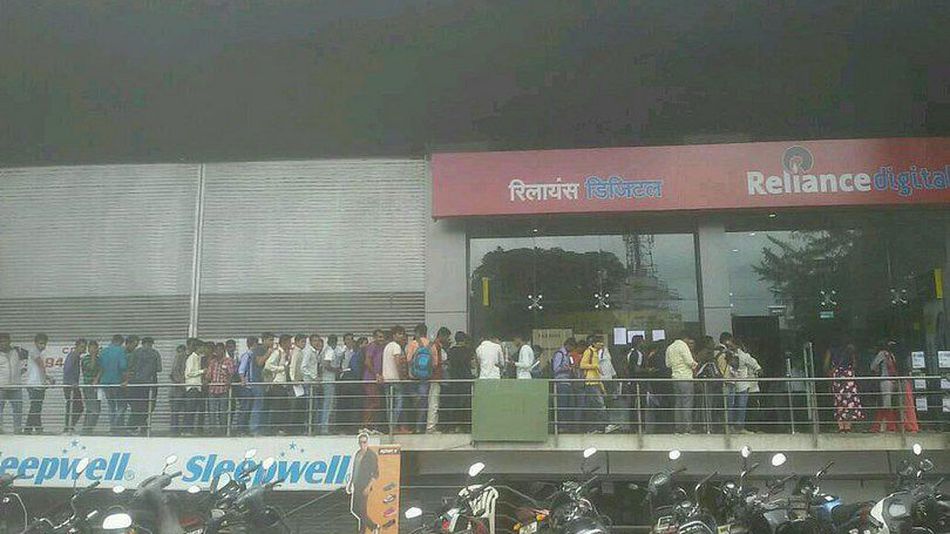
The Big Disruption
Indians are queuing up for hours outside stores to get their hands on sim cards from emerging mobile broadband service provider Reliance Jio Infocomm Limited (RJIL), known as Jio for short.
The ruckus ensued after Jio owner, Mukesh Ambani (who also happens to be India’s richest man), made the game changing promise to India’s 1.2 billion people that all data, voice calls, and messages will be free to anyone who has their sim card. The free services kick in as they officially launched yesterday, and will last through December 31, while the voice calling remains free.

“India and Indians cannot afford to be left behind,” Ambani said. “The era of paying for voice calls is ending.”
Jio intends to offer far cheaper data plans than those offered by India’s current leading providers Airtel, Vodafone, and Idea. Jio’s plans start as low as Rs 50 ($0.75) and will keep voice calls free of charge—a move that is already threatening the competition.
Jio’s ambitious plan is definitely disrupting the country’s $50-billion telecom industry. India’s leading carrier Airtel, which holds over 200 million subscribers, relies on voice calls for nearly two-thirds of its mobile revenue. The company saw its stock plummet by 9% as Jio made this announcement.
Will They Deliver?
Jio previously launched in Beta and has been on test run through their partners and staff (as well as their families) since last year. Their 4G LTE development is being dubbed the largest deployment in the world and covers 18,000 Indian cities as well as 200,000 remote areas. They seek to broaden the reach to cover 90% of the country’s population by next year.
The company claims their systems are “future-proof,” and could easily adapt to future developments into 5G, or 6G when it comes.
As Jio makes a boisterous entry, we can only expect other brands to try and compete. In the end, it will be great for subscribers. That is, if they actually deliver.